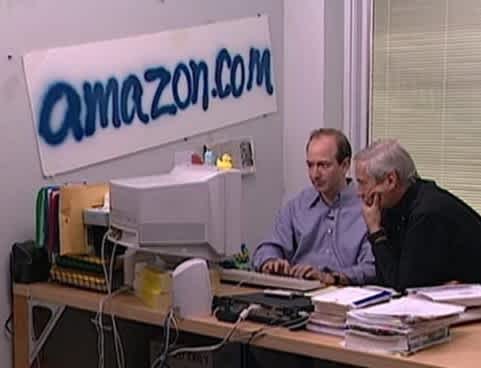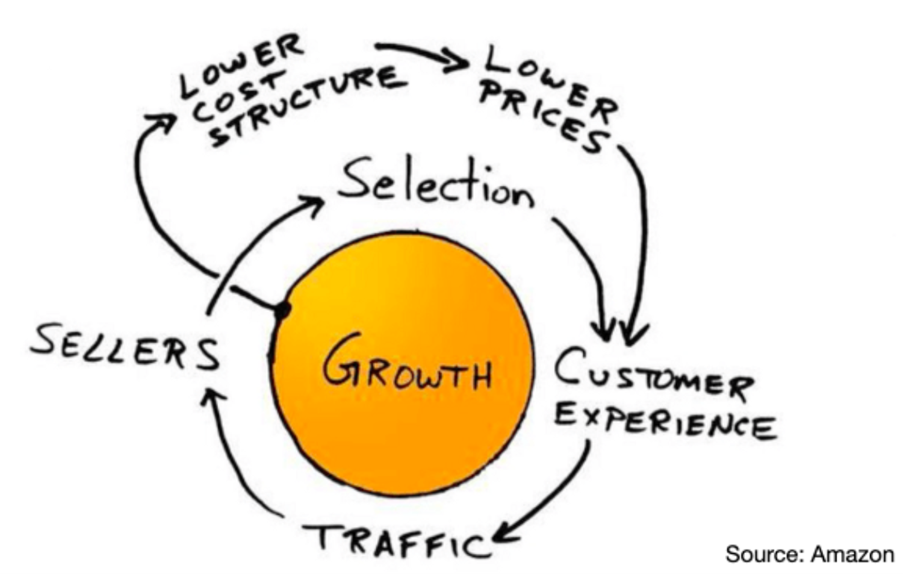In 2020, much of the world have benefitted from the services Amazon offers. With people stuck at home, Amazon was depended upon to deliver supplies. With companies having to go remote overnight, Amazon delivered the cloud infrastructure that made it possible. It is also likely, the movie streaming and gaming entertainment along with the necessary video calls have been delivered via an Amazon service.

In 27 years Jeff Bezos has taken Amazon from a tiny online book retailer to an integral part of people’s lives. Sure Covid-19 has helped, but I would argue the pandemic only pulled forward the structural change that was already occurring.
Jeff Bezos made no secret about how this was achieved, having written about it in his first letter to shareholders in 1997. A couple of decades on, the company is still, and will continue to be, run with the same principles discussed in the letter, which are, day one mantra, customer obsession and focus on the long term.
Principle 1. Day one mantra
Before choosing Amazon, Jeff Bezos was going to name his company Relentless. In fact, to this day, relentless.com will take you to Amazon’s website. He chose to go with Amazon when friends said Relentless sounded a bit sinister.
The former name does better reflect Amazon’s day one mantra, which is meant to convey that Amazon will never stop having the qualities of a start-up. Focusing on results over process, making high quality decisions quickly and embracing external trends.
For example, Amazon has a two-pizza rule for ensuring meeting effectiveness. No meeting should be so large that two pizzas cannot feed the whole group. This cuts down bureaucracy and means no one's ideas get drowned out.
Principle 2. Customer obsession
Amazon’s business model was inspired in part by Costco, a membership warehouse, with a fiercely loyal customer base that was founder-led at the time by highly respected, Jim Sinegal. Amazon took lessons from Costco’s business model and developed the Amazon flywheel. Lower prices led to more customer visits. More customers increased the volume of sales and attracted more commission-paying third-party sellers to Amazon website. That allowed Amazon to get more out of fixed costs. This greater efficiency then enabled Amazon to lower prices further, driving customer growth.

Principle 3. Focus on the long term
From his first shareholder letter, Jeff Bezos has committed to creating long term shareholder value by establishing an enduring franchise. He has done this by forgoing profitability to invest in the flywheel discussed above.
Take fulfilment and shipping for example, Amazon has increased its capacity 50% over the last year. A crazy number for a company that already has 40% market share of US e-commerce. As Amazon grows distribution and sortation centres, adds airplanes, trucks and creates a delivery network, the company moves closer to the consumer, providing service competitors find hard to match, thereby creating an enduring franchise.
Going forward
When Bezos announced he was stepping down as CEO, we did not rush out to sell our shares, neither have we felt compelled to since the announcement. We believe Bezos principles are ingrained in the fabric of Amazon and the new CEO Andrew Jassy, who has been running Amazon Web Services, sings from the same song sheet.

